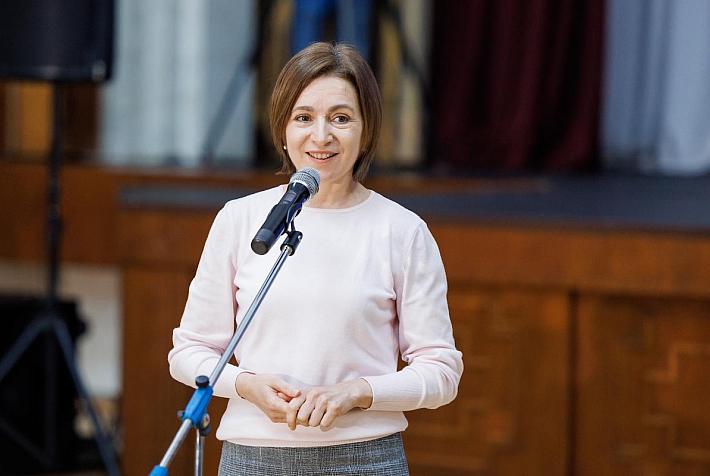Malta, Greece, Romania placed high in OECD ranking of most working hours in Europe

In the past five years, Romania and several other countries have been going against a trend which has Europeans working less and less.
Since the start of the pandemic, people in the United States increased their working hours by approximately 1%, while Europeans decreased theirs by roughly 2%, as shown in an OECD report. This is the result of the different strategies that US and EU companies adopted during the pandemic.
The average Romanian worker racked up 1,838.4 hours on the job in 2021, more than the OECD average of 1,716. Meanwhile, a worker in the United States spent 1,791 on the job last year, while a German had 1,349, the lowest in the ranking.
Workers in Germany, Denmark (1,363), and Luxembourg (1,382) had the least number of workings hours, according to the OECD report. Those in Mexico (2,128), Costa Rica (2,073), and Colombia (1,964) worked the most. In Europe, workers in Malta (1,882), Greece (1,872), and Romania top the chart, followed by those in Croatia (1,835) and Poland (1,830).
According to the ranking, the average annual hours worked are the total number of hours actually worked per year divided by the average number of people in employment per year.
Attempting to avoid layoffs, managers in Europe preferred to reduce working hours instead, according to the Wall Street Journal. Meanwhile, US workers migrated to other jobs or started working even more in the ones they already had, contributing to a faster economic turnaround.
On average, workers in northern Europe spent fewer hours working, while those in the South had to work relatively longer hours. The difference would be even greater, but many in Italy, Spain, and Greece work part-time because they could not find full-time jobs.
The fact that some Europeans work less and less limits the EU’s growth perspectives. Labor shortages are also common on the continent. French president Emmanuel Macron and German minister of finance Christian Lindner recently called on their countrymen to work more during the “fragile situation” caused by the war in Ukraine.
(Photo source: Rawpixelimages | Dreamstime.com)












